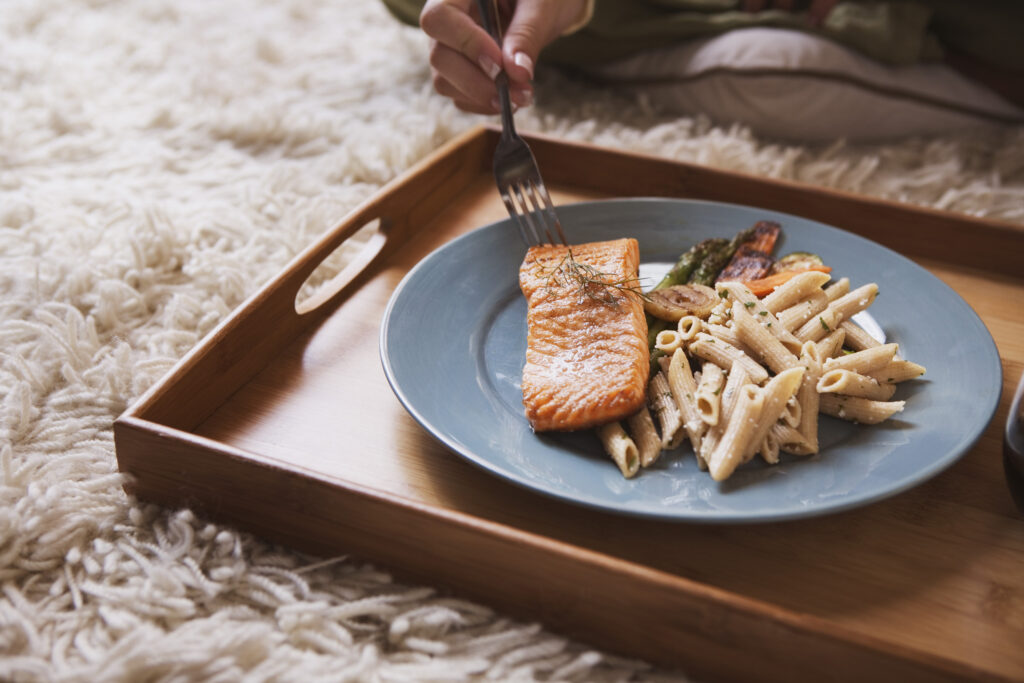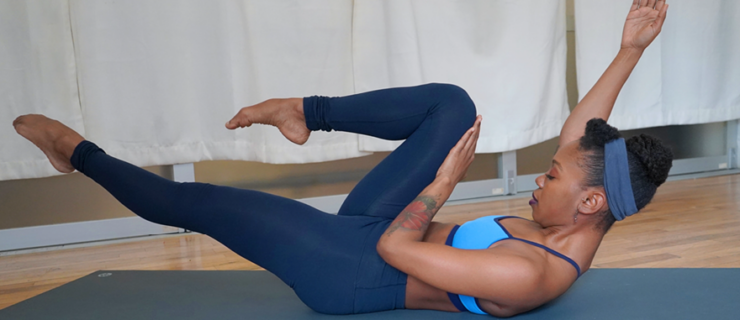Ask a Dance Dietitian: Dealing With Weight Fluctuations
I’ve been attempting to shift my relationship with food, but, in full transparency, I am noticing weight fluctuations and gains. Is this normal? Is it possible to work toward a better relationship with food without gaining weight? —Katy
Thanks for this great question, Katy! I’m thrilled that you’re prioritizing your relationship with food. When we do this, we not only feel more supported at mealtimes, but we also build habits that support our overall health and improve our quality of life.
A fear of gaining weight is often the biggest obstacle dancers face while building a more supportive meal plan. Unhealthy body ideals continue to saturate the dance world (and beyond), so what you’re feeling is entirely valid. However, I encourage you to recognize this fear not as a motivator but as a barrier to performance. Not eating enough increases dancers’ risks of injury and burnout—ultimately, hindering their capabilities.
The truth is, it’s nearly impossible for anyone, even a clinician like me, to predict exactly how your body will respond to adequate nourishment. In my work with dancers, we focus on reaching a “set point” weight range. This represents the range at which your body can properly function while also gaining the most out of your dancing with energy, strength, and endurance. Achieving and maintaining your body’s set point is only possible without relying on restrictive eating patterns or exhaustive exercise. To get there, it’s best to work alongside a registered dietitian nutritionist. Weight shifts are normal during the process of reaching your set point, especially if you were not eating enough before. As your body adjusts to finally taking in enough energy in the form of calories and nutrients, it can now support metabolic growth: the building of strong bones, repairing of overused muscles, and maintenance of hormones, and more. These functions diminish when we’re chronically under-fueled.

Everyone’s body reacts differently to changing eating patterns, but weight fluctuations eventually level out once the body adjusts to its set point. If you’re currently tracking your weight, then I’d encourage you to ditch the scale. Paying too close attention to these numbers can escalate obsessive patterns and drive a mindset that doesn’t consider the totality of your health. Also, consider strengthening your body-neutral lens. Body neutrality, which involves shifting your mindset to a neutral zone of respecting and appreciating your body, is one tool that can help you combat self-deprecating thoughts. To start the practice, acknowledge how your body, here and now, moves through the world as it is: your vehicle for developing your best self.
The fact that it’s unknown how your body will respond to changing eating patterns can surface many anxieties for dancers. Because of this, I recommend working alongside licensed professionals, like a registered dietitian nutritionist and a mental health therapist. While unraveling fears of gaining weight is not an easy task, it is crucial to build more trust and confidence in your body.
Have a question? Send it to registered dietitian nutritionist and certified eating-disorder specialist Rachel Fine at [email protected]. She’ll be answering questions on Pointe+ each month. Ask a Dance Dietitian responses are for informational purposes only and should not be a substitute for individual medical or mental health advice.







